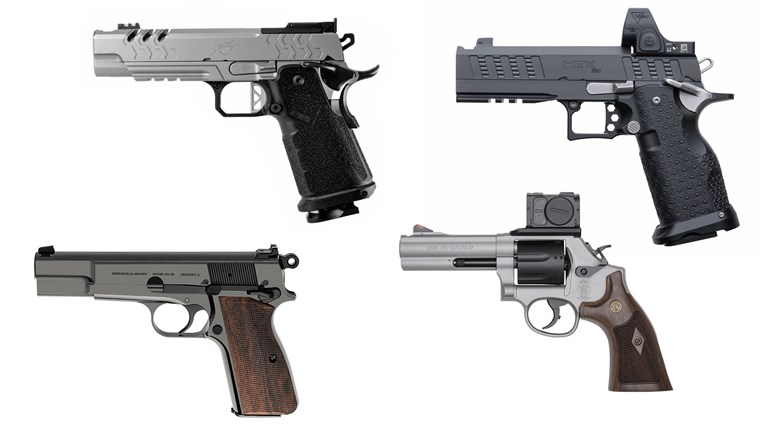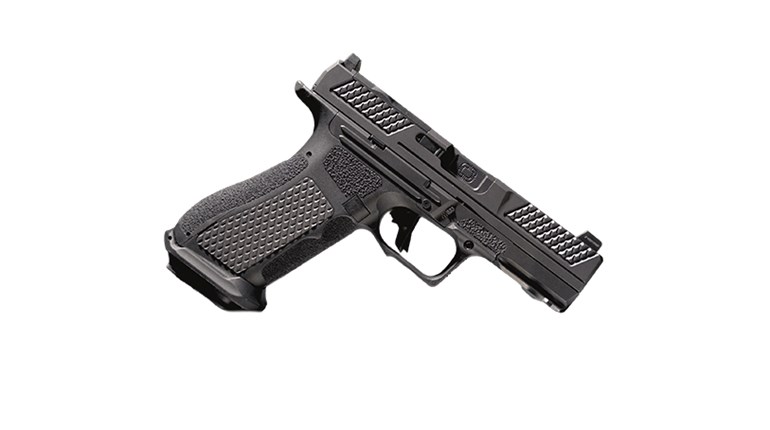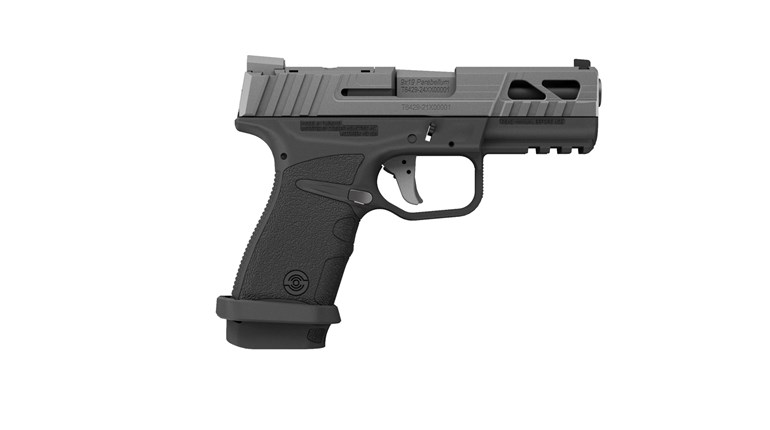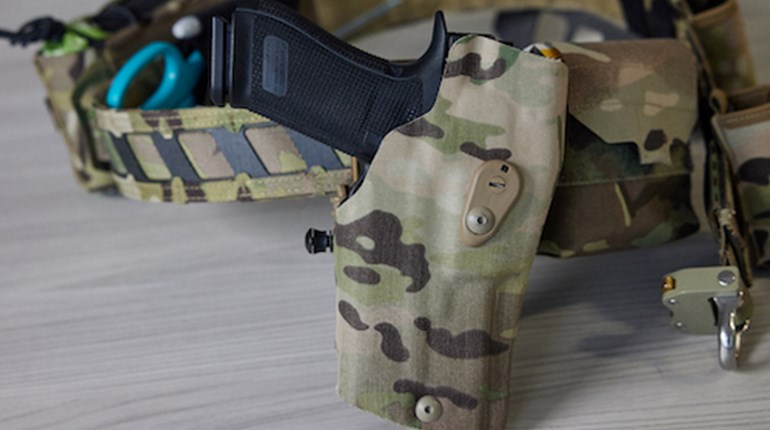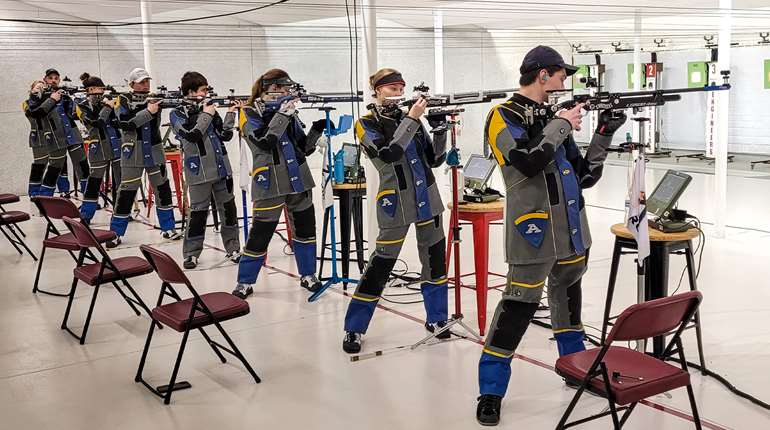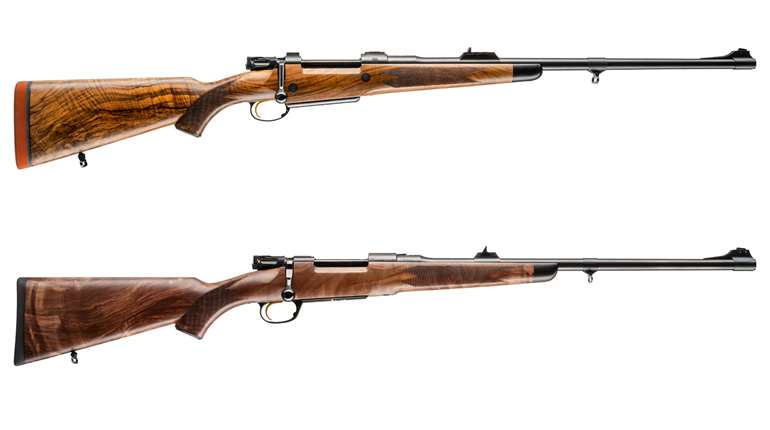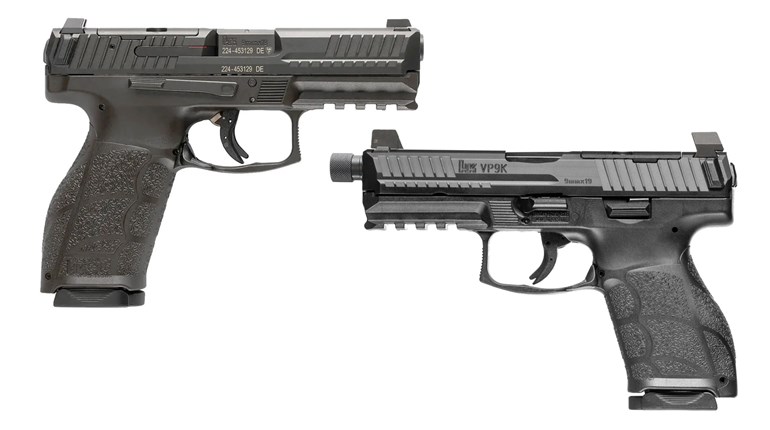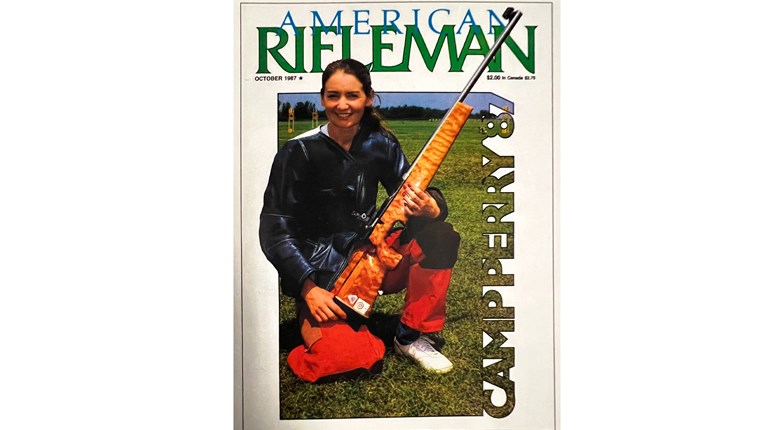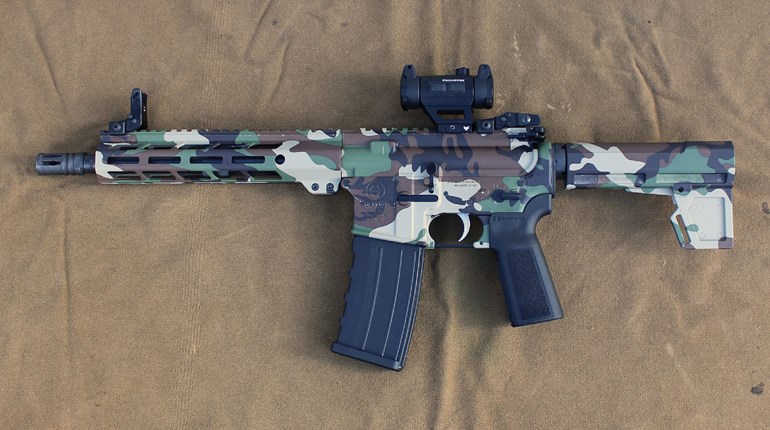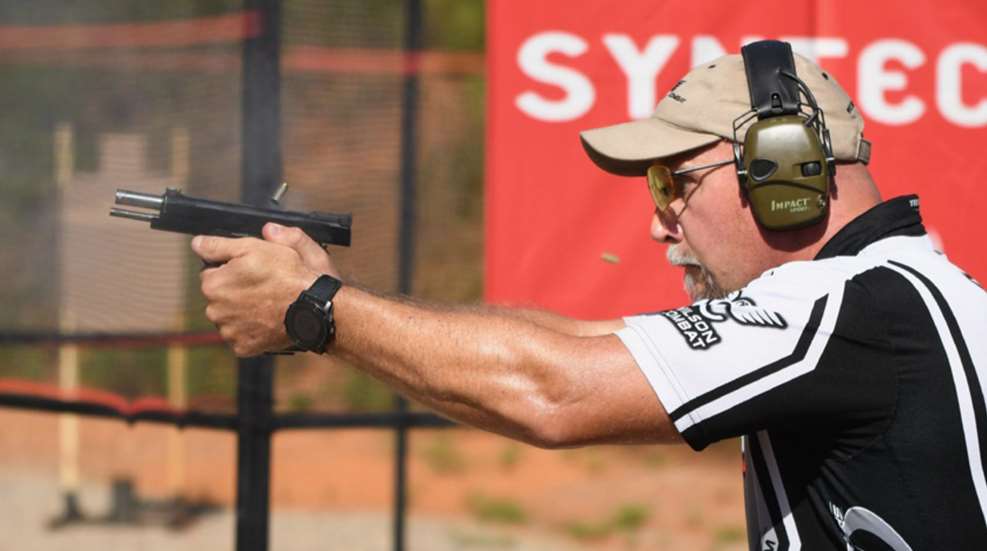
Michael Seeklander is a high-level action shooter on the competitive handgun circuit. Here are his top nine tips for action pistol competitors that he has learned over the years as a pro shooter.—Ed.
If everything is a priority, then nothing is.
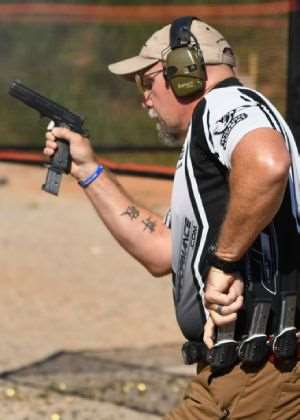
I spent a huge amount of time and ammunition training for a division at one time, but that really wasn’t the one I should have been focused on. Call it hard-headedness, but the point is instead of focusing on my one division, I wasted time and ammunition. Now don’t get me wrong, I learned a great deal during my practice, but the return was not worth the investment. The hard truth is you need to decide what you want to do and then focus on that. I know many shooters who get “division distracted.” They switch from division to division, never really getting good at any one of them.
I know what you are thinking, that a good shooter should be able to perform well in any division. The truth is that very few can. Even at the top levels, most of the shooters that dominate shoot one division for a period of time. So the question is, do you want to be average or even good at three or four things, or great at one? It’s your choice. My recommendation is to focus on a division/gun type for one whole shooting season. If you want to switch it up, then do that yearly. Some of you might be best served sticking to one division/gun for at least two seasons if you are new to this stuff.
It's about the shooting.
I have spent years looking for the best fitness routines that will greatly complement my practical shooting addiction; in the end, I have realized it was all a waste of mental energy. I am not saying that fitness should be overlooked, or that there is not a fitness routine (or routines) that will benefit someone who wants to excel at practical shooting. Being in good shape, flexible, and strong all increase your ability to move through a course. What I am saying is that to win in a shooting match, the shooting is what matters.
My buddy Rob Leatham has demonstrated this for years now. While a superb athlete in his younger years, Rob makes no bones about the fact that he is not a member of the local Crossfit gym. Instead, he continues to dominate certain matches simply because he is a better shot than most of those he competes against. As I write this, I just placed second to Leatham at the Single Stack Nationals amongst a field of the best shooters in the nation, and at an age 10 years my senior and probably 20 years older than the rest of our squad, Leatham won. If you want to be good at shooting—work on shooting.
Do the work.
This one is simple, but often overlooked. Who would be a better violin player, one that practiced 250 hours a year (about one hour per day) or one that practiced 2,500 hours per year? I think we all agree on the answer. Putting in the work means sacrificing to be the best you can be.
If you want it badly enough, you will find the time.
How much does it take? As much as it takes. I have never left a national championship thinking, “I wish I would have trained a bit less.” Instead, I am almost always thinking, “I wish I would have made my practice harder and trained more.” Now I am not trying to guilt you, and make you feel bad if you simply do not have the time in your life to put the work in. That is your choice. What I am saying is if you want it badly enough, you will find the time. And for those who prefer to put less time in, and only reach the level that much work produces, that is perfectly fine. It is your life. But if you do want something and are not getting it, I suggest looking at your work ethic and honestly evaluating if you are putting the effort in.
You can't simulate the match environment in training.
This one can't be overstated. It is critical you understand that you can not get the same feel in practice that you will experience in a competition. So what does this mean? You have to compete to prepare to compete. Don’t fake yourself and think that by doing some exercise to get your heart rate up, or mentally telling yourself this is your “taker” run, that you will magically transport yourself to the chaos you will feel at a top-level match. It simply will not work. Instead, make your practices so ridiculously hard that a match should feel easy, and attend big matches as part of your preparation. This is one area in which I have failed over the years, and it has severely hampered my performance at major matches.
There is no such thing as good enough (gear).
In the movie Days of Thunder, Cole Trickle, played by Tom Cruise, makes a comment to his mechanic about knowing nothing about the car, and sticking to his skill and driving. That would be an easy road to take as a top shooter, but I have not met the successful champ that just shoots and ignores the gun and gear. The most successful shooters are constantly exploring gun modifications and improvements in the division they shoot, ammunition and everything else they can. The point is that you should constantly be exploring and learning more about how the gun and gear you compete with works, striving to understand it better and tweak it until it is the very best you can make it. Leave no stone unturned here. Explore everything.
Pressure will always exist.
Rob Leatham once said, “I never learned to relax when nervous. I just learned how to shoot when nervous.” What a great statement. I asked Leatham once at Nationals about pressure, and how long I would have to compete before I did not feel it anymore. His response was that if the results mattered to me, the pressure will always exist. He told me to figure out how to perform while under pressure because it was not going away. I have to admit that I am still working through this aspect of the game. I hate the way I feel as the pressure screws tighten, but have improved year after year in dealing with it. One thing I would change about how I trained mentally would be to embrace and even strive to crave the pressure instead of trying to figure out how to make it go away. Some of the greatest shooters alive actually get better under pressure.
Having fun is not the goal.
Performing well is. Some of you might argue this, but I have yet to meet a shooting athlete who failed on a stage or at a match and actually thought failing was fun. Some use it as their excuse for not shooting well, unfortunately. If this is you, stop it. We have more fun when we are excelling. If you are failing at some aspect of your game, instead of blowing smoke up your own butt and saying, “Well at least I’m having fun,” instead expend that mental energy on figuring out how to fix what you are failing at. Once I heard we either win or “learn,” instead of win or lose. I think that is a great way to sell yourself on the fact that you will fail, but you get a chance to learn from it. But stop playing the “At least we are having fun” game if you are not getting the results you want. Figure out how to improve your results and put the work in.
Things happen slower behind the gun.
This is an important one to remember when you are watching the shooters before you. You might find yourself thinking that there is no way you can shoot as fast as the shooter you just watched, or that there is no way you can possibly hit a moving target on a particular stage. Please know that what you see is not as fast as what you see when you are behind the gun. This is because if you are at a level where you can shoot reasonably well, your subconscious is executing the shooting skills. The conscious mind cannot process as fast as the subconscious can. Trust that if you have done the work, the shooting will be slower when you are the one shooting.
Never, ever give up.
I have watched top-level shooters win national championships after zeroing a stage. How can this be possible? Simple math. For example, Max Michel zeroed stages not just in one national championship, but two, and still won. He did not quit. There are going to be many times when you make a big mistake or several small ones and in your mind, you will think you can’t possibly pull it off. But you are not the only one making mistakes—the other shooters are as well. So suck it up, buttercup, and drive on. To win a match, your score must be higher than everyone else’s score. Losing a bunch of match points on a stage stinks, but it does not mean you are going to cost yourself the match. Keep in mind that while you might have lost 30 points from a stupid mistake, your competitors are also losing points along the way. The one who amasses the biggest number at the end wins. Never, ever give up!
Article from the November/December 2020 issue of USPSA’s FrontSight magazine.
Read more: Mental Training Techniques













